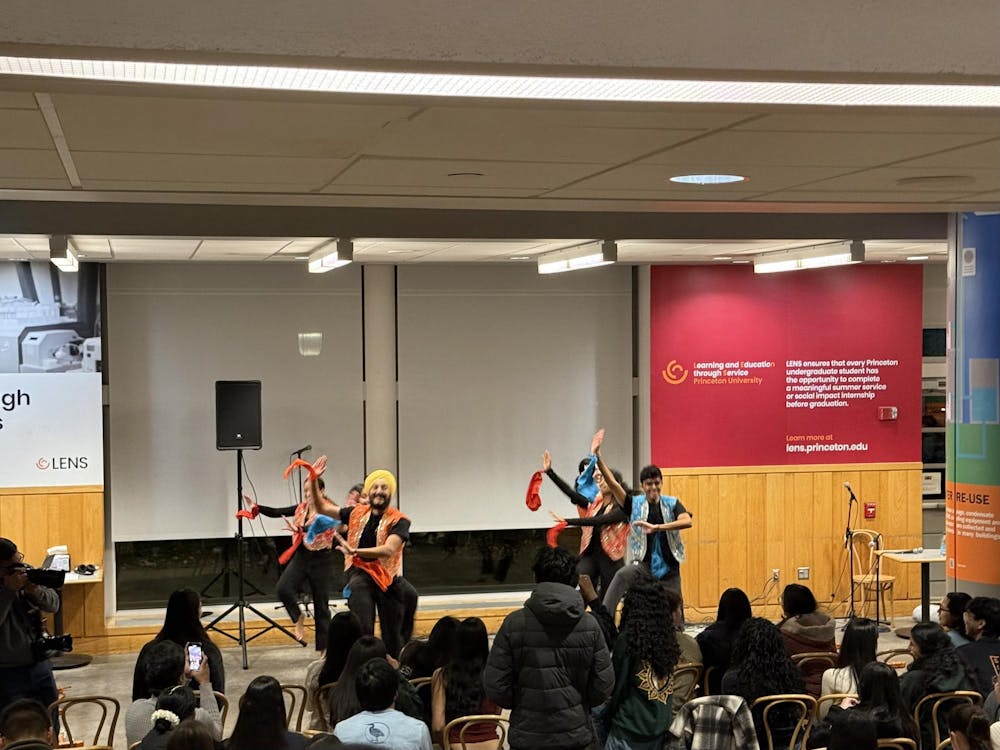I am sitting in the back row of Professor Rosen’s anthropology seminar, when a word pierces through the auditorium. “N****r,” he says. This word, for me, triggers a feeling of immediate unease and discomfort, and as he continues to use the word a few more times, I scan the room for reactions. There are some pained faces, hushed words, and a student raises his hand to question Rosen’s reasons for using the word. He responds, saying that it was necessary: He wanted to illicit a “gut-punch” reaction in order for students to understand the power of speech, a power that can be far stronger than action.
I am not black. I do not, and will not ever, fully comprehend what it feels like as a black person to hear a white man say the N-word. There are centuries of oppression and hatred behind that word, and Rosen knows that. That is precisely why he chose to use the slur. He even said so himself. The recognition that this word has a vastly different meaning for people like me or Rosen than it does to any of the black students in the class is necessary for understanding why it was wrong for him to use it and to defend himself in doing so.
There are two ways in which Rosen and those defending him have justified his use of the N-word: pedagogical necessity and personality. The former argues that in the academic context of Rosen’s class, using the N-word was necessary and appropriate to demonstrate the limits of free or acceptable speech. The latter argues that he is an advocate for the rights of minorities and the oppressed, which therefore provides him license to use the N-word in a pedagogical context.
Here’s the problem with both arguments: They ignore what it means to be a good ally — to listen to those around you who are hurt, oppressed, and marginalized and to own up to your mistakes and act with humility thereafter.
Rosen used an example that was perfectly clear to everyone in the room. Everyone agrees that a white man calling a black man a “n****r” is incredibly offensive. His defense — that use of the word was necessary not only to explain, but also to show the pain the word can cause in this situation — is wrong, as it ignores how black students in the room will be affected by the term in a different way than non-black students will. Rosen’s point could have easily been made by simply referring to the N-word or showing an example of the use of the word, rather than actually saying it himself and continuing to use the word when referring back to his example.
When going over the syllabus, Rosen went on to explain that he would not be forcing anyone to look at erotic art, because it could offend some students in the class, which exhibits how he understands that forcing students to feel the “gut punch” of free speech has its limits. But he apparently believes that such limits should not prohibit a white professor — like himself — from saying the N-word in a pedagogical context.
Rosen, therefore, demonstrated an insufficiently limited and inadvertently self-serving understanding of the limits of academic freedom of speech. Of course, the limits of academic freedom of speech are not his, and his only, to draw. By refusing to listen to the black students in the class explain why his performative use of the N-word crossed the line, he ignored the fundamentals of what it means to be a noble ally, pedagogically and otherwise. I am not black, and neither is he. Consequently, Rosen and I have a duty to listen to the students who have been personally affected by the hatred of the N-word and racism more broadly and to make pedagogical decisions accordingly.
Every single black student who spoke up in the class, carefully articulating their opinions, took offense to Rosen’s actions, and yet he refused to concede that he was anything less than completely justified in using the N-word. This is unacceptable.
Moreover, Rosen employed multiple self-defense mechanisms, repeatedly saying, “If anyone knew me, they would know I would never be intentionally racist.” He described his experiences as a Jew facing anti-Semitism, and his efforts to fight for marginalized groups in the United States. He said that he had said this word, in a similar context, around black people before. These defenses, though, clearly miss the mark. It does not matter what he has done, or who he is, or what his true feelings are, or what his intentions are — if he hurt people, he needs to own up to that.
Most central to his self-defense was his claim of good intention — that because he would never intentionally discriminate or offend, his actions could not possibly have been wrong. But just because Rosen’s actions were not intentionally derogatory does not mean they were not hurtful, and his response — to defend himself, rather than to acknowledge and own up to the (unintended) consequences of his actions — are emblematic of his shortcomings as an ally.
To listen, and to empathize, and to learn from our mistakes, is the only way to bridge identity-based and circumstantial divides. When questioning whether it is okay to use the N-word in certain situations, allies like myself and Rosen have to listen, and empower and support those who are deeply hurt, offended, and marginalized by the slur and by the larger system of hate attached to the slur.
Cy Watsky is a first-year from Princeton, N.J. He can be reached at chwatsky@princeton.edu.








